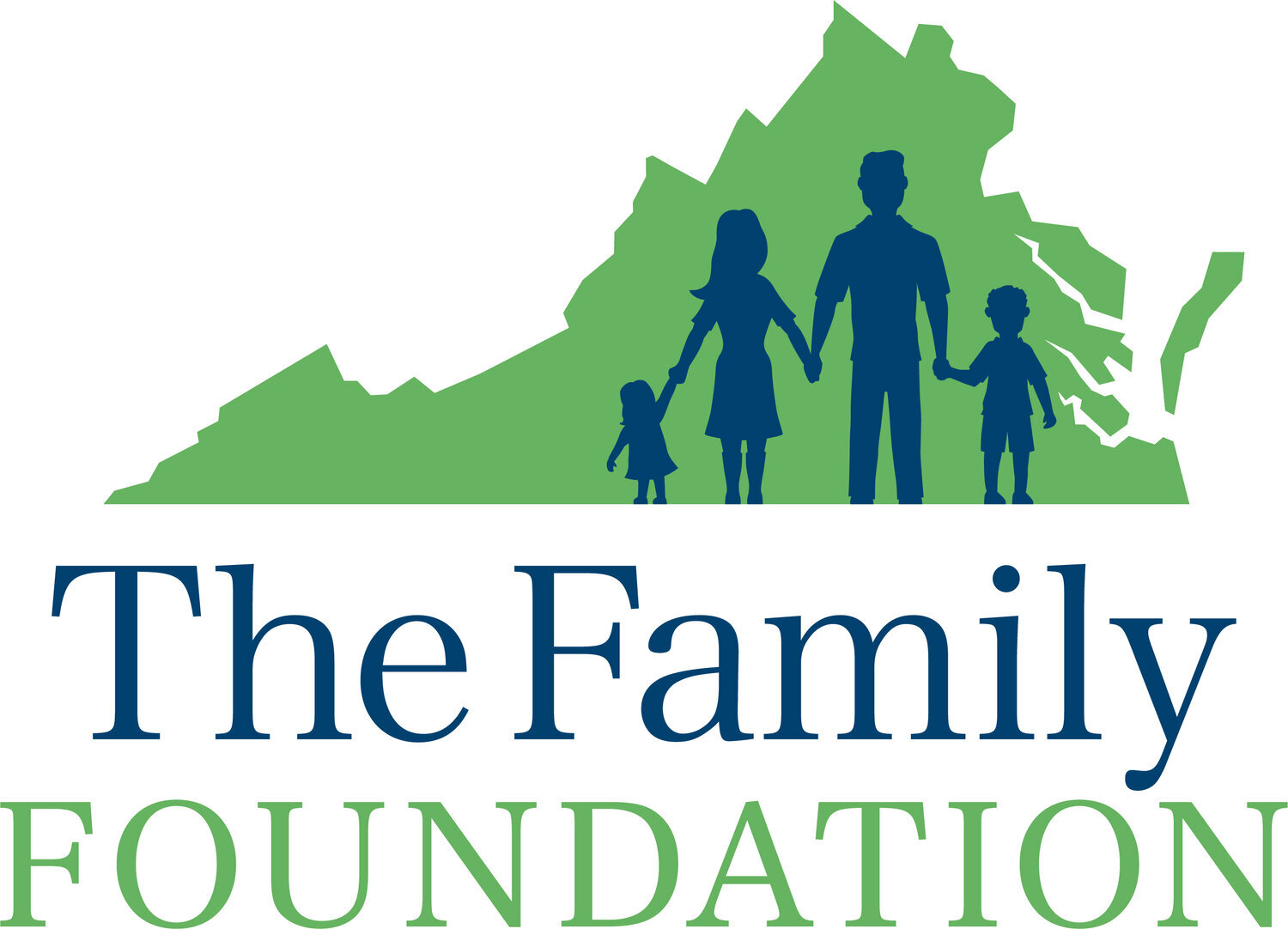Parental Rights: Why They’re Worth Protecting
Every day we hear new examples of outrageous violations of parents’ rights—kids receiving graphic and obscene books without their parents’ knowledge; educators encouraging children to experiment with gender identity behind their parents’ backs; and more recently, military kids being targeted as “privileged” during an English lesson in Fairfax County—even though we’re constantly told these types of lessons don’t exist! Why do these incidents keep happening—and what can we do about it? Below are conversation tips to equip you to discuss this topic.
Win for Parents in Virginia!
In a win for parents, Gov. Youngkin’s education department has released official revisions to the state model policies for transgender issues in schools. The revisions take key steps toward putting parents back in the driver’s seat and protecting the safety and privacy rights of every kid.
Make sure your school is aligning with these revised policies!
Learn how you can help on our Protect Every Kid page.
1) Parental authority is a constitutional right.
Parental authority has been recognized multiple times by the U.S Supreme Court. See a few examples of court cases below.
2) Parental authority is upheld in Virginia law.
According to Virginia Code 1-240.1, “a parent has a fundamental right to make decisions concerning the upbringing, education and care of the parent’s child.”
The Virginia Supreme Court made it clear that government officials must have a compelling reason before they can restrict this right, stating that “any statute that seeks to interfere with a parent's fundamental rights survives constitutional scrutiny only if it is narrowly tailored to serve a compelling state interest (McCabe v. Commonwealth, L.F. v. Breit).
3) Parental involvement improves students’ academic performance and overall healthiness.
Studies show (see Dig Deeper section below) that parents actually have more influence on their kids’ academic performance than the schools do.
The CDC reported that “students who have parents engaged in their school lives are more likely to have higher grades and test scores, better student behavior and enhanced social skills.”
In addition, according to the CDC, “students who have parents engaged in their school lives are less likely to smoke cigarettes, drink alcohol, become pregnant, be physically inactive and be emotionally distressed.”
Clearly, if schools really want to help kids, they should involve parents, not ignore them.
4) Parents know their child best and can make the most-informed decisions for their children’s welfare.
As a result, parents should have the power to decide if, when, and how their kids are introduced to controversial and/or sexual topics. Many parents—even those who aren’t necessarily religious—express concern that their young children simply aren’t psychologically or emotionally ready to handle difficult, adult-centered topics. But the continuing trend of schools mandating controversial lessons as early as pre-school completely violates this basic and historically cherished right of parents to “direct the upbringing of their children.” Not only does this undermine parental rights, it’s also a flat-out undemocratic trend.
5) This is about all children.
Though opponents of parental rights often try to distract from the issue by raising accusations of racism or LGBT-discrimination, the truth is, we should all be able to unite around protecting all children and upholding common decency standards in a public school environment. We all agree that no law protects the abuse of any child—whether verbal, physical, sexual or emotional. This is about protecting kids’ hearts, minds and bodies—not adult identity politics.
And let’s not forget that schools across the state are struggling just to get kids to graduate high school and read at basic levels, so it’s irresponsible to allocate valuable resources and classroom time to divisive, adult-driven agendas.
6) Respecting parental rights safeguards local control and guards against a socialistic or totalitarian government.
Top-down, state agencies and national politicians should not be dictating control of how local, taxpayer funded schools address these issues. This really should remain the purview of local communities—and should be worked out between the parents and school officials who are closest to the students’ needs. Schools function best when local control—by the parents—prevails.
Protecting parents’ rights in education also protects a self-governing society by safeguarding against an intrusive government system that can infringe on First Amendment freedoms.
In short, not only do parents have a God-ordained right and responsibility to determine what is best for their children—but this authority is strongly grounded in federal and state law. Even so, beyond broad, parental-rights statements, the Courts have not been particularly helpful explaining exactly how these rights play out in the classroom, especially when it comes to controversies over explicit content and sexual agendas. So we continue to see parents being totally disrespected and even openly deceived.
That’s why you need to let your state representatives know that we need policies making it clear how parental rights are respected in classrooms and school libraries, including:
Parental involvement in how and if explicit content is included in school library collections.
The state’s banner sex education program—known as family life education or FLE—also can be handled more like an elective (allowing parents to opt their child in), rather than forcing every single child in the state to automatically participate by default, whether their parents agree or not.
How can you make a difference today?
1) Stay informed on when to speak up on crucial legislation through our Speak Up! Virginia alerts.
2) Monitor your school’s website—especially the school board and curriculum sections, as well as the online library catalog.
3) Share our parental bill of rights with your school board members, board of supervisors, or city council members.
4) Document what’s happening in your school system using our school incident form—and sharing this form with as many parents as possible!
To dig deeper, check out these resources!
Helpful research and articles:
2012 Study: Parents More Influential Than Schools on Academic Success
CDC encouraging parental involvement: Promoting Parent Engagement
2011 Study: Parent Involvement and Student Academic Performance
Article: Relationship Between Parental Involvement and Student Success







